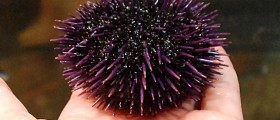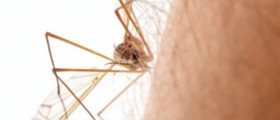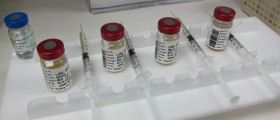
Almost every person in the world has heard of jellyfish and knows that they are gelatinous marine animals surrounded by tentacles. It is also known that these tentacles have sacs all over them and that these sacs contain poison that causes pain in almost all cases when people get touched by it. In some cases, a touch from these tentacles can be life-threatening. Jellyfish are known to be found all over the world. However, people need to know that the most dangerous and deadly jellyfish are located in the Indo-Pacific and Australian waters. Most types of jellyfish are seen floating near the surface of water in times of diminished light. In most cases of jellyfish stings, they occur due to an accident. In most cases a person swims into a jellyfish because he or she has not seen it.
Jellyfish sting symptoms
The most common signs of jellyfish stings are intense, stinging pain, itching, rash and raised welts. Apart from these, some of the other symptoms are nausea, vomiting, diarrhea, lymph node swelling, abdominal pain, muscle spasms and numbness. In cases when a person’s reaction is severe, difficulty breathing, coma and even death are possible. People need to know that if they get stung by the most deadly type of jellyfish, they can be dead in a matter of minutes.
When to seek medical care
In most cases there is no need for medical treatment but if a person is experiencing difficulty breathing and swallowing, chest pain or severe pain at the site of the sting, he or she should immediately seek medical help. A person who got stung in the mouth or has placed the tentacles in them should also seek medical help. Very young and very old people should go to the hospital if they got stung as well. In cases where the person was stung in the face or the genitals or experiences itching, redness or pain around the sting, it is also advisable to visit the doctor.
Prevention
People need to know that there are ways a person can prevent being stung by jellyfish. There are also some things a person can do to decrease the effects of being stung. Wearing a wetsuit when swimming or diving in areas that are known to have jellyfish, is the best way to prevent being stung. Asking about the area before going swimming or diving is also good. A person who gets stung needs to remain calm in order to avoid being stung a few more times. Rubbing the sting area should be avoided as well.

















Your thoughts on this
Loading...